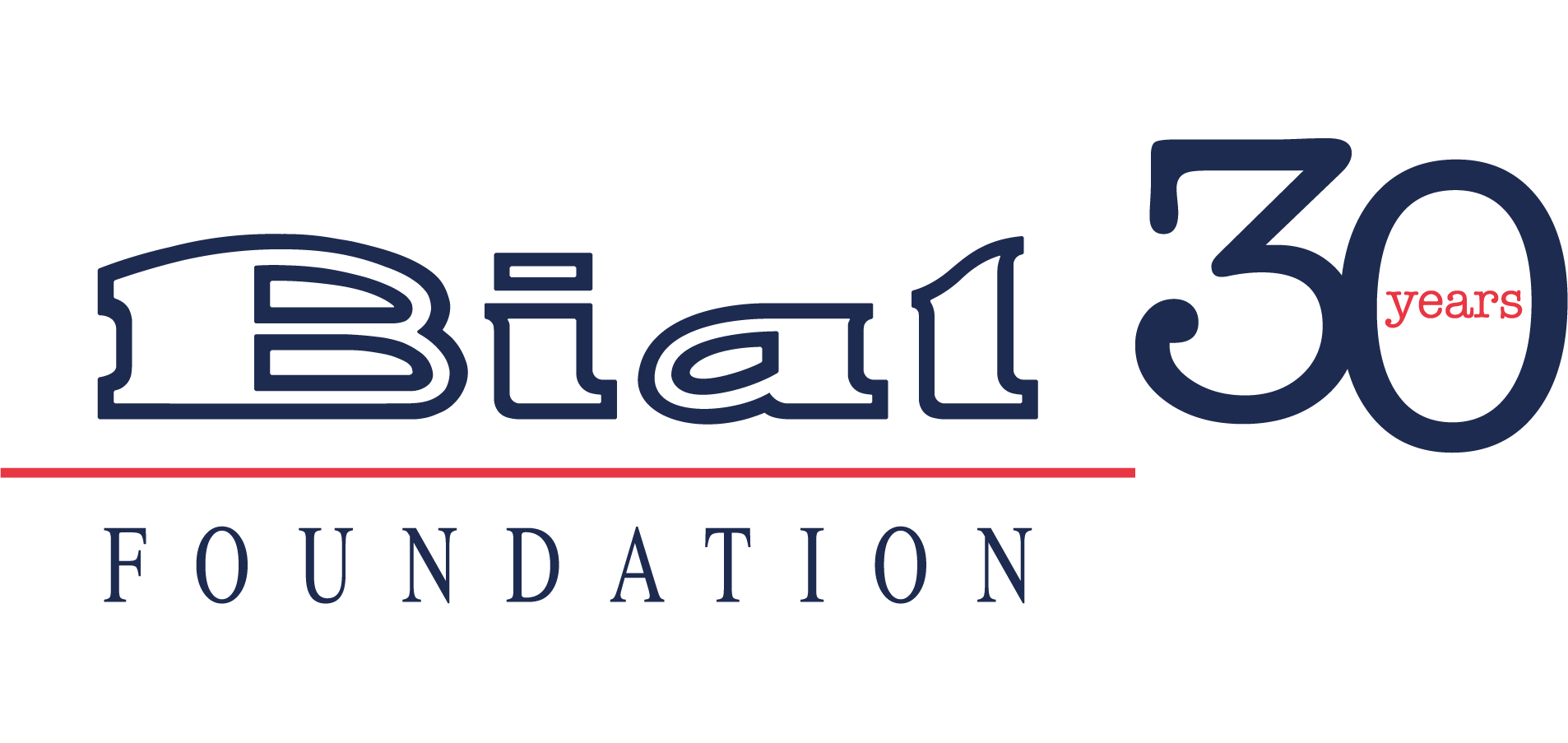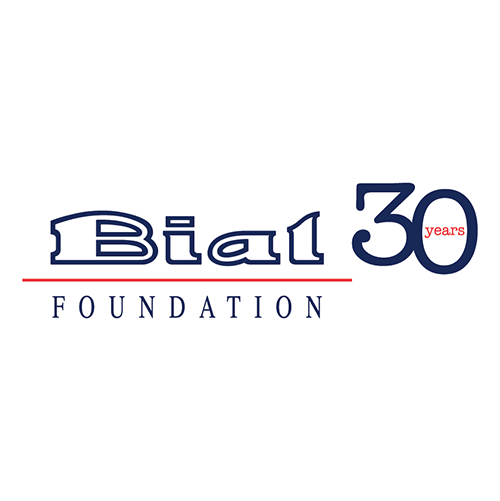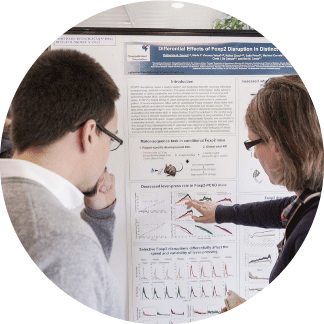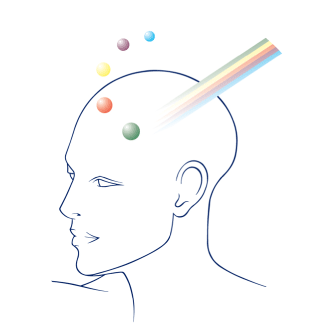News
Top Stories

Identification of a molecule involved in fear extinction opens avenues for new therapies for anxiety
The discovery of mediator responsible for altering fear memories could contribute to the creation of new therapies for the treatment of anxiety disorders.

Does blindness affect the way we perceive whether an emotion is authentic or posed?
The results showed that the late-blind participants performed worse in the assessment of emotional authenticity.

Ayahuasca-induced personal death subjective experiences
Researchers analysed studies on self-reported experiences related to the sensation of death during ayahuasca ceremonies.
News
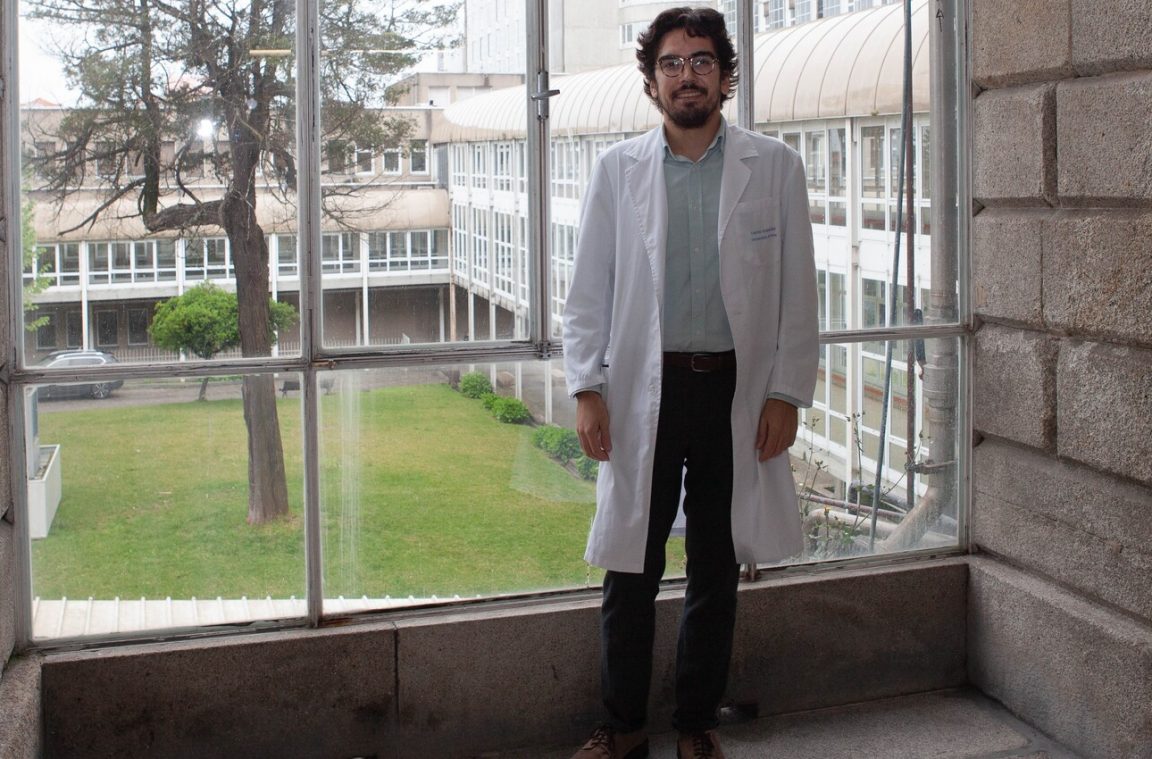
Nuno Grande Doctoral Scholarship 2023 already has a winner
João Moura, a student in the doctoral programme in Medical Sciences at the Abel Salazar Institute of Biomedical Sciences (ICBAS), is the winner of the 2nd edition of the Nuno Grande Doctoral Scholarship (BDNG) with a research project on encephalitis.

BIAL Foundation opens a new call for Grants for Scientific Research
With the aim of encouraging research into the healthy human being, both from the physical and spiritual point of view, the BIAL Foundation now opens a new call for its Grants Programme for Scientific Research 2024/2025 in the areas of Psychophysiology and Parapsychology.
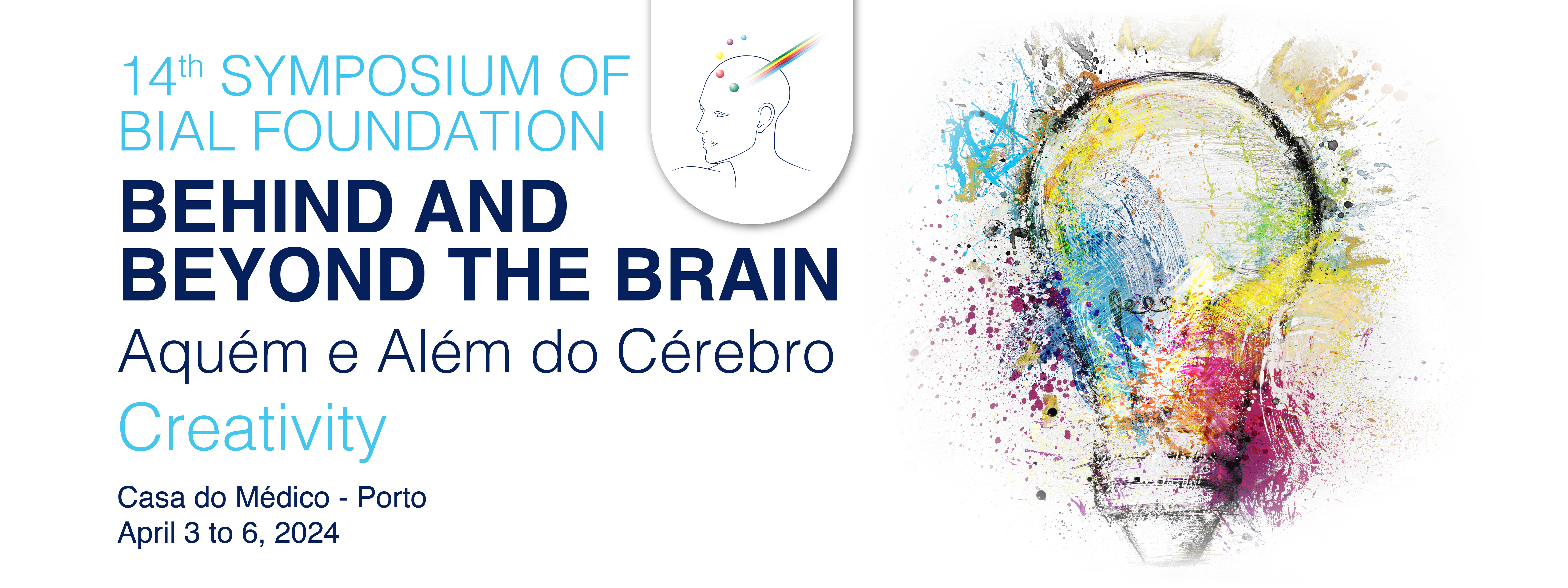
14th "Behind and Beyond the Brain" Symposium: registrations now open
Registrations are now open for the 14th "Behind and Beyond the Brain" Symposium, which will debate the theme of "Creativity", from 3 to 6 April, in Porto.

